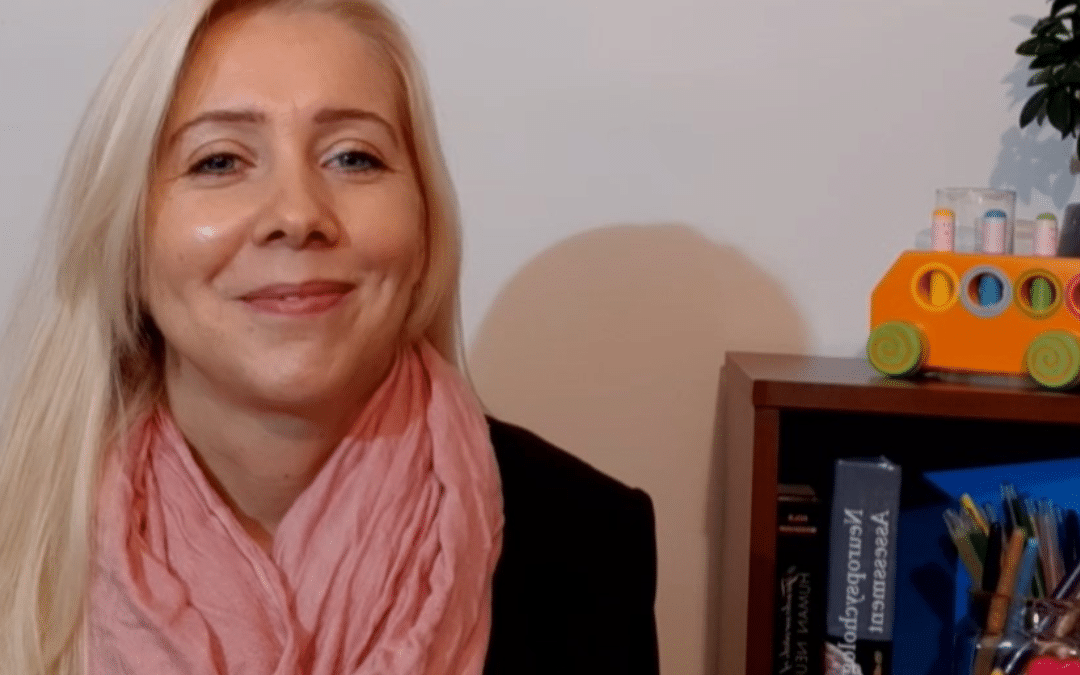Welcome to this 4th video post in our series on Early Learning! Today we are going to be discussing the final three aspects of auditory perception. If you haven’t watched the previous videos in this series be sure to catch them. You can find the videos by clicking on the links at the bottom of this article.
I today’s article I will be discussing the aspects of auditory closure, auditory figure-ground perception and auditory memory.
Auditory Closure:
Auditory closure is the ability to make out a word or sentence, when you have only heard part of it. This is a very important skill for learning in general. If you child is sitting in class and a loud noise unexpectedly drowns out his teacher’s voice, the skill of auditory closure will enable your child to understand the full instructions, even though he momentarily missed a part of what his teacher had said. Auditory closure also children to predict the last words in a sentence as well as the last sounds in a word.
For 2 to 3 year olds you can practice this skills by saying a sentence and having your child complete the last word. For instance, say things like:
- After breakfast we brush our … (teeth)
- We use an umbrella when it … (rains)
With older children, you can say part of a word and have them guess the rest. For instance:
- Butter…(fly)
- Dino … (saur)
- Croco … (dile)
Auditory Figure-Ground Perception
Having well-developed figure-ground perception means that you can hear someone’s voice over and above background noise. It’s a skill we use often at cocktail parties and rock concerts. This is the skill that will enable your child to hear his teacher’s voice above the normal buzz & din of a busy classroom environment. It’s probably one of the skills we get to practice most often in our everyday settings. Each time you have a conversation with someone in a crowded place, like a shopping mall or at a busy restaurant you are practicing your figure-ground perception. Practice this skill with your child by having some music playing in the background while you chat to him.
Auditory Memory
It’s self explanatory that this is a very important aspect of perception. If you can’t remember what you’ve heard, you can’t learn. Auditory memory is also what enables children to remember which sound matches which letter of the alphabet. Practice this skill with young children by giving them a “special” word to remember. Words that trigger the imagination (like dragon, mermaid, unicorn and wizard generally work well). Prompt your child to remember this word and then ask her to recall it an hour or so after you shared it. Older children have the capacity to remember more information, so you can tell them a story and ask them to later recall the details of the story.
Auditory Perception is about the whole, not the parts
I’ve tried as far as possible to highlight each individual aspect of auditory perception for you. However, in reality we almost never use these skills in isolation. A single listening task requires children to employ various aspects of auditory perception all at the same time. Here are some general activities that will help to improve your child’s auditory perception:
- Read to your child daily
- The age span of 2 to 6 years old is a critical time for acquiring the patterns for language. It’s thus the best time to teach your child a second language!
- Play games like:
- Musical Chairs
- Simon Says
- Broken Telephone
- I spy
- The shopping game
- Wolfie, Wolfie what is the time?
- Learn nursery rhymes, songs and short poems
On to Visual Perception next week
I have emphasised on several occasions how important Auditory Perception is for learning to read. But I have to admit that I am slightly relieved that we have completed this first division of our Early Learning Series. Merely because auditory perception is such a difficult concept to portray via visual mediums like Instagram and Facebook. I am really excited to start sharing the aspects of Visual Perception with you next week!
And a final reminder:
At Childpsych we believe very strongly that each and every child should have the best start in life. It is for this reason that I am making this series on Early Learning. Ideally, this series is for Early Childhood Educators and parents of children between the ages of 2 years and 6 years. The videos are free and you are welcome to share them. We are going to try and keep them short and to use common household items for activities so that you do not have to spend money or much time preparing. Please feel free to leave your questions and comments below.
Other videos in this series:
6 Mistakes parents make when teaching their child to read

